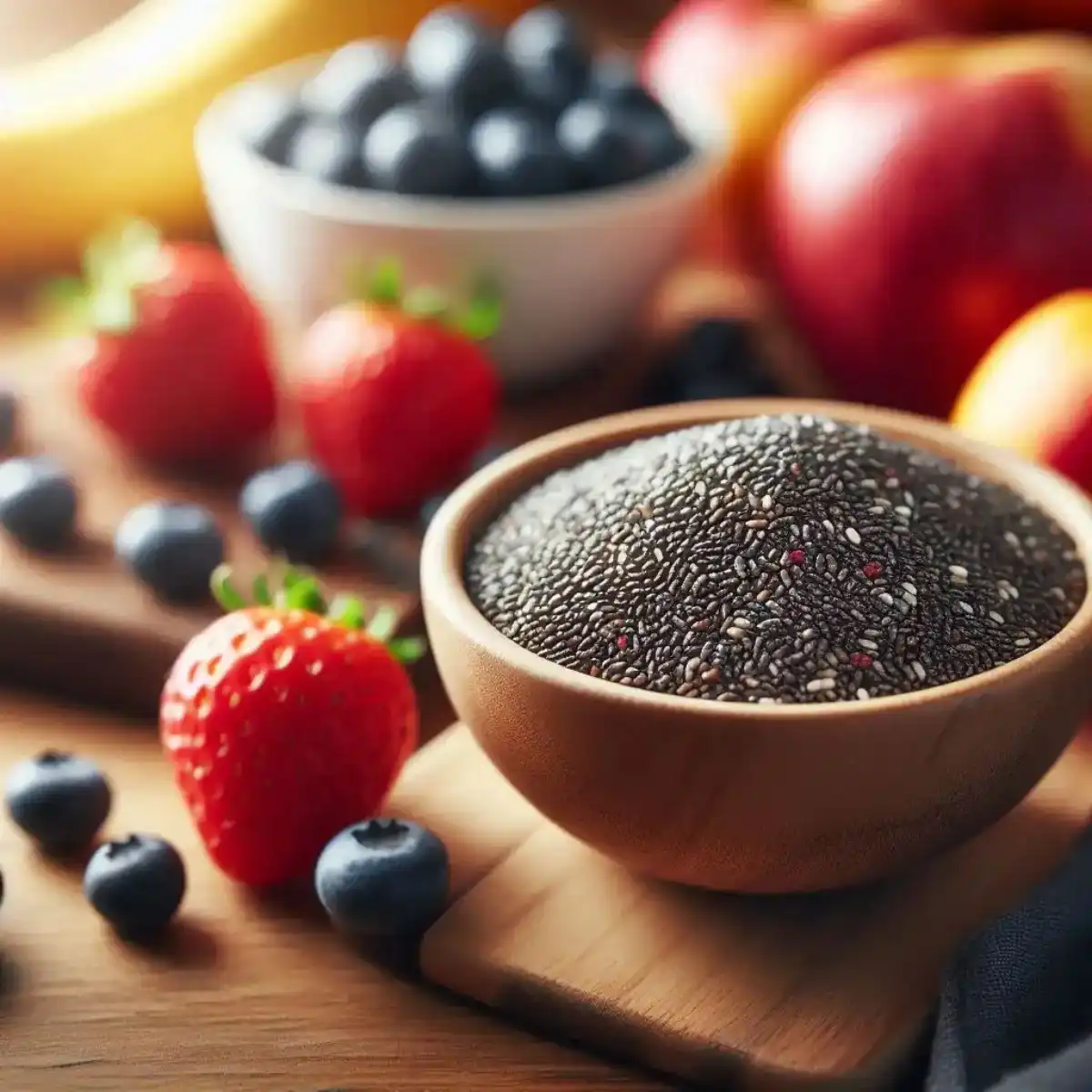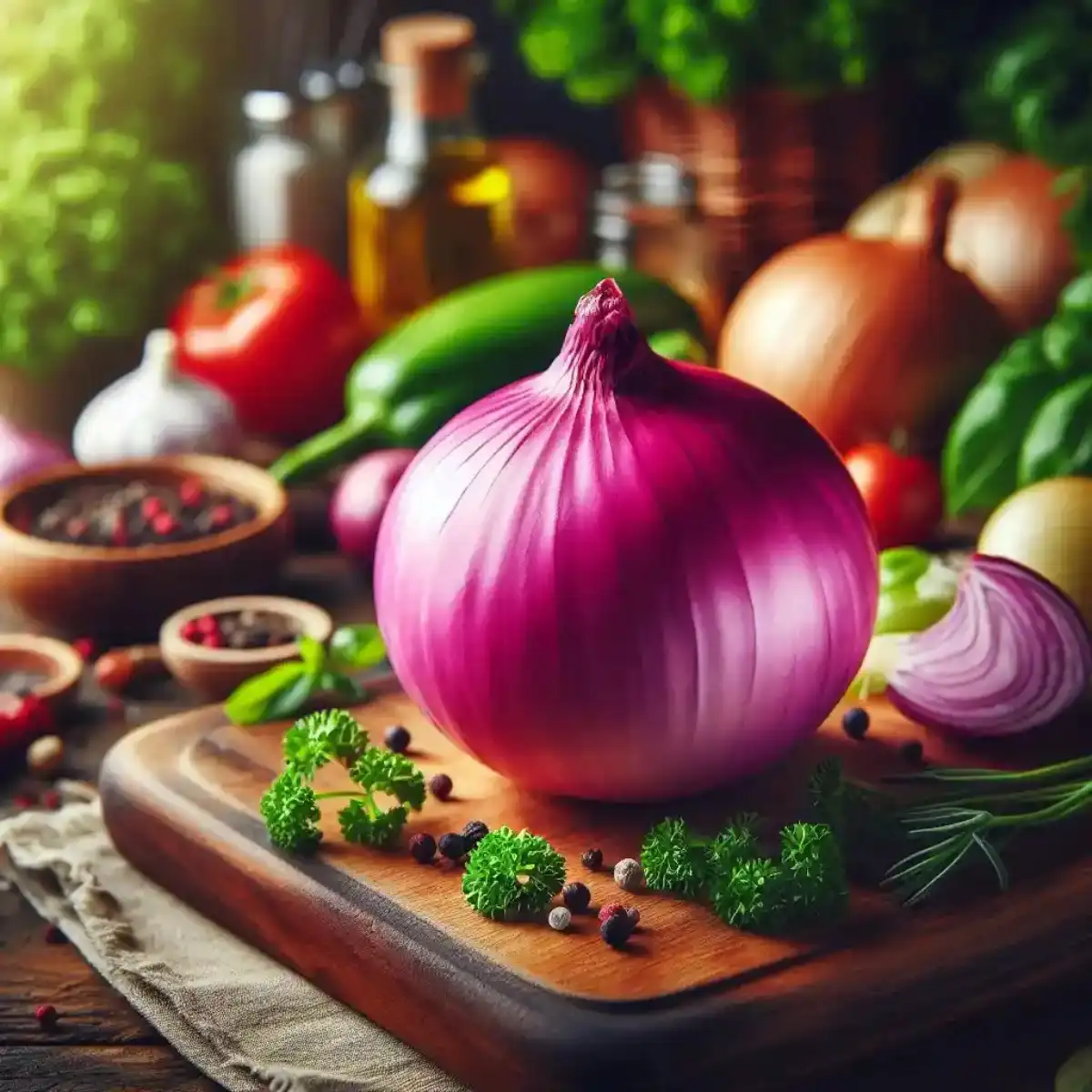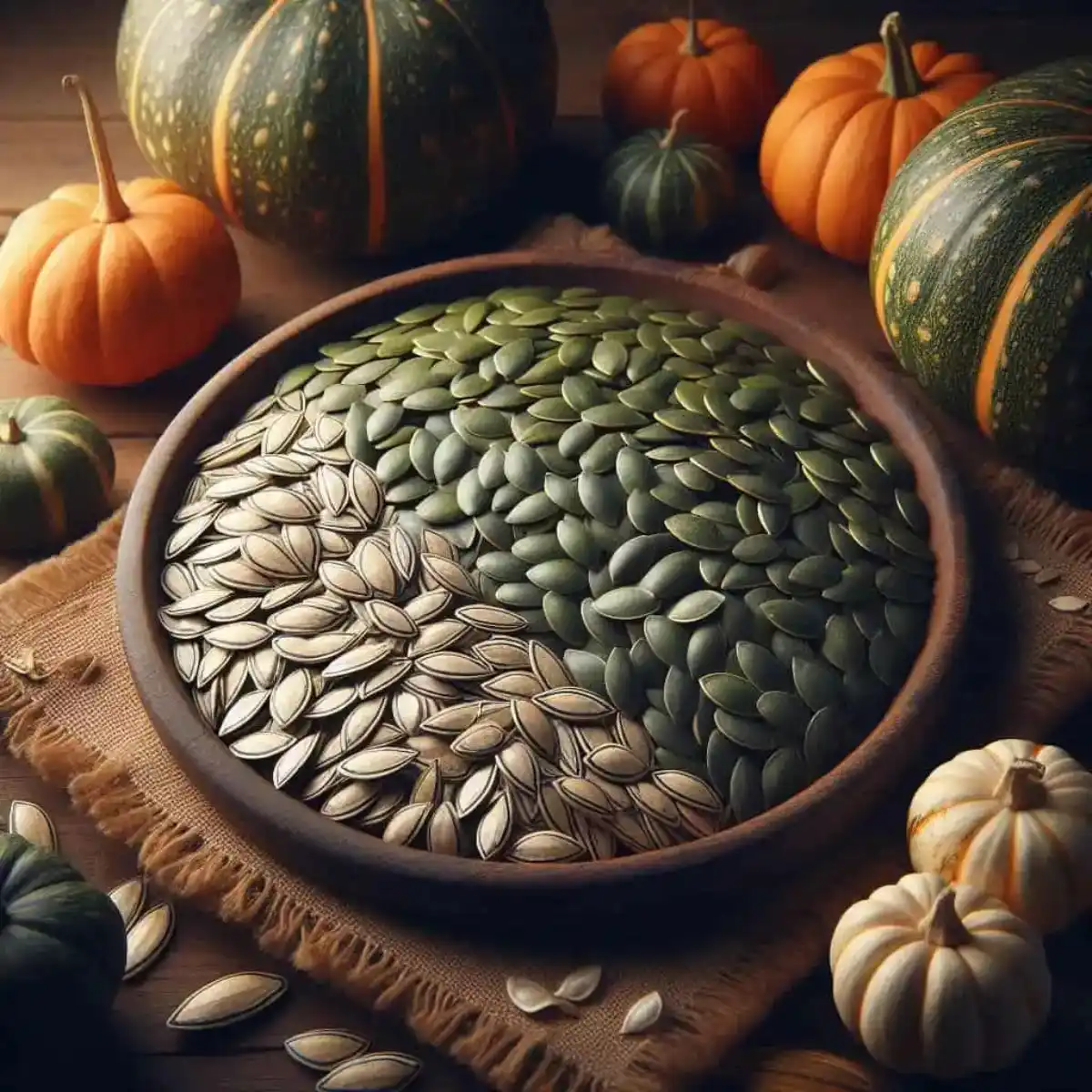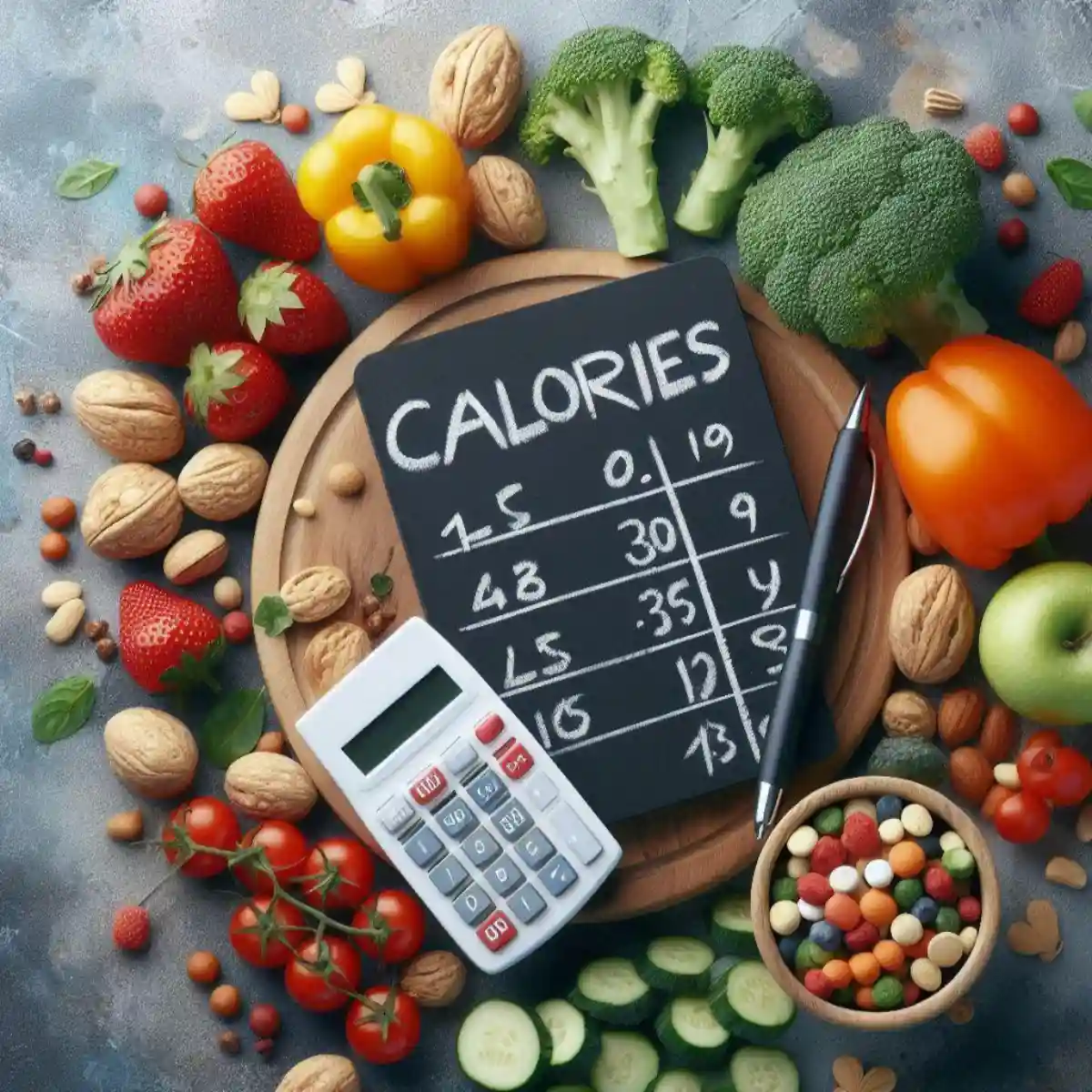Health Benefits of Chia Seeds and does chia help lose weight faster?

Advantages of Chia Seeds for Constipation and Gut Health
Are chia seeds healthy? Absolutely! They are packed with both soluble and insoluble fibre, which help regulate bowel movements and prevent constipation. Soluble fibre absorbs water and forms a gel-like consistency, softening stools and making them easier to pass. The gel-forming property of chia seeds coats the stomach and intestines, helping to soothe inflammation. This protective effect can benefit people with acid reflux, ulcers, or irritable bowel syndrome (IBS).
Chia Seeds for Weight Loss
Chia seeds absorb up to 10–12 times their weight in water, forming a gel-like consistency in the stomach. This slows digestion and helps you feel full for longer, reducing overall calorie intake. Despite being nutrient-dense, chia seeds are relatively low in calories, making them a great addition to a weight-loss diet. They provide essential nutrients like omega-3s, fibre, and protein without excessive calories.
Chia seed Weight Loss Drink
Chia for weight loss with Lemon Water is a refreshing, metabolism-boosting drink that helps curb cravings and supports weight loss. Here's a simple recipe for chia seed and water for weight loss
- - 1 tablespoon chia seeds
- - 1 glass of water (8-10 oz)
- - Juice of ½ lemon
- - 1 teaspoon honey or stevia (optional)
- 1. Soak chia seeds in ½ cup water for 10-15 minutes.
- 2. Add lemon juice and 1 glass of water to a glass.
- 3. Stir in soaked chia seeds and optional sweeteners.
- 4. Drink on an empty stomach or throughout the day.
- Chia Seeds: High in fiber, helps control appetite.
- Lemon: Aids digestion and boosts metabolism.
- Cayenne Pepper: Supports fat burning and metabolism.
****Ingredients****
**** Instructions****
**** Benefits****
Boosts Heart Health
Chia seeds are an excellent plant-based source of alpha-linolenic acid (ALA), a type of omega-3 that helps protect the heart. Omega-3s reduce inflammation, lower triglycerides, and prevent plaque build-up in arteries, reducing the risk of heart disease. The fibre and healthy fats in chia seeds help reduce levels of low-density lipoprotein (LDL), also known as bad cholesterol, while increasing high-density lipoprotein (HDL), the good cholesterol that supports heart health. Antioxidants like quercetin in chia seeds help combat oxidative stress, which can damage heart cells and arteries over time.
Strengthens Bones & Teeth
Chia seeds are one of the best plant-based sources of calcium, making them ideal for those who don’t consume dairy. They are packed with calcium, magnesium, and phosphorus, essential for bone strength. Magnesium plays a key role in calcium absorption, ensuring bones receive the nutrients they need. The omega-3 fatty acids in chia seeds also help reduce bone inflammation, which is beneficial for conditions like osteoporosis and arthritis. Chia seed nutrition is discussed below.
Protein in Chia Seeds
Chia seeds may be tiny, but they pack a powerful nutritional punch—especially when it comes to protein. These seeds contain about 4.7 grams of protein per 28 grams, making them a great plant-based protein source for vegetarians and vegans. Protein is essential for muscle repair, hormone production, and overall cell health. Adding chia seeds to smoothies, porridge, or yoghurt is an easy way to boost your daily protein intake naturally.
Chia seeds benefits for female
Chia seeds are rich in omega-3 fatty acids, which support hormone production and may help regulate hormonal fluctuations during menstruation and menopause.They’re loaded with calcium, phosphorus, and magnesium, essential minerals for strong bones, especially important for women over 30 and postmenopausal women.Antioxidants and omega-3s in chia seeds contribute to glowing skin, reducing inflammation and signs of aging. The combination of fiber, omega-3s, and antioxidants supports heart health by reducing bad cholesterol (LDL) and inflammation.
Nutritional Value of Chia Seeds (28 grams)
| Nutrient | Amount | DailyValue |
|---|---|---|
| Calories | 138 kcal | 7% |
| Protein | 4.7 g | 9% |
| Total Fat | 8.7 g | 11% |
| Saturated Fat | 0.9 g | 5% |
| Omega-3 (ALA) | 4915 mg | 307% |
| Omega-6 (LA) | 1620 mg | 10–13% |
| Carbohydrates | 12 g | 4% |
| Dietary Fibre | 9.8 g | 35% |
| Sugars | 0 g | 0% |
| Calcium | 179 mg | 14% |
| Iron | 2.2 mg | 12% |
| Magnesium | 95 mg | 23% |
| Phosphorus | 244 mg | 20% |
| Zinc | 1.3 mg | 12% |
| Potassium | 115 mg | 2% |





